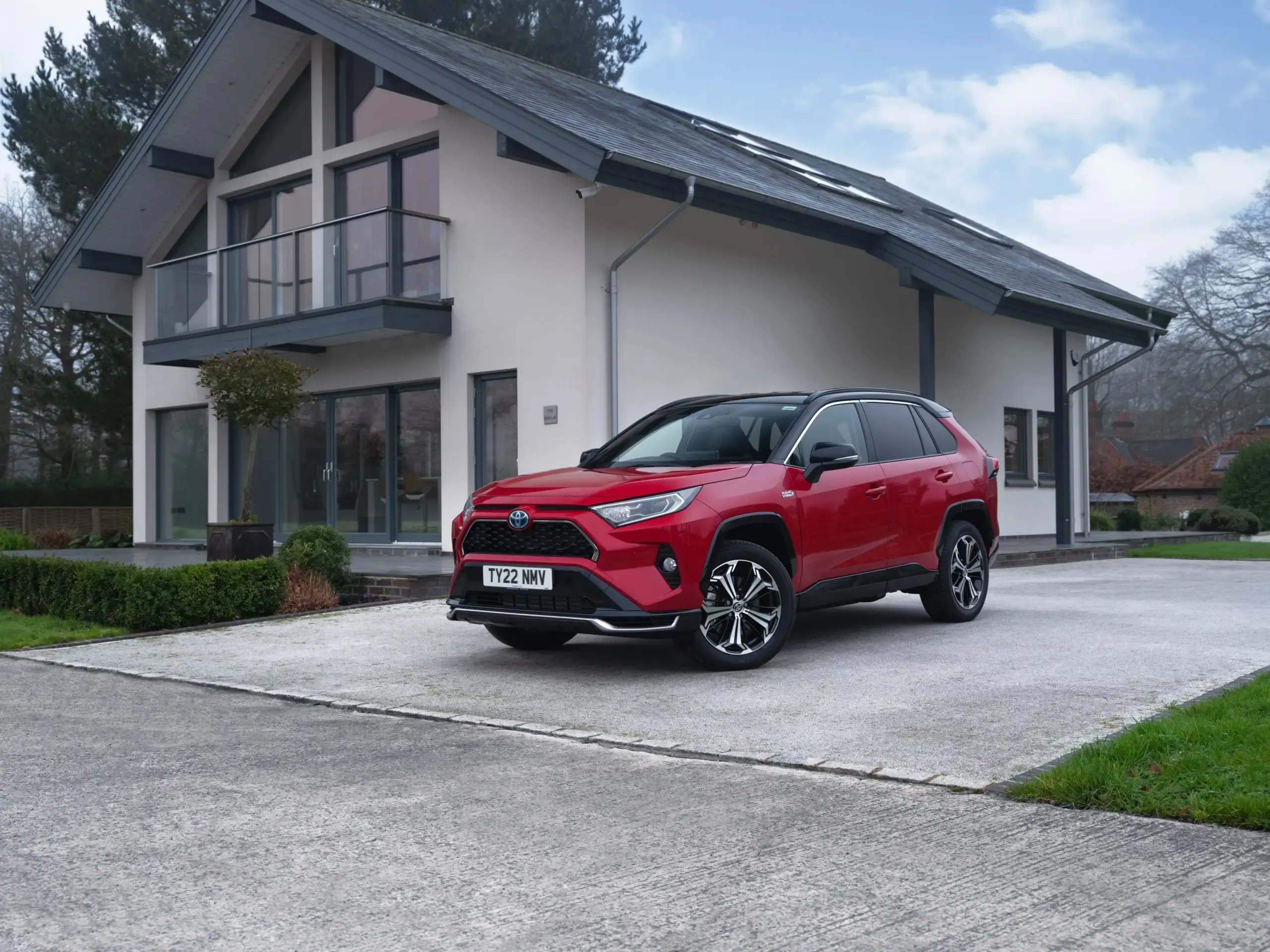- Carmoola
- Blog
- Car Finance
- Can you finance a hybrid car?
- 🗞 Car Finance
- Last updated: Feb 28, 2022
- 4 Min Read
Can you finance a hybrid car?
Written by

Verified by


See how much you can borrow in 60 seconds
| Representative Example | |
|---|---|
| Loan amount | £10,000 |
| Interest rate | 13.9% APR |
| 54 payments of | £246 |
| Total cost of credit | £3,284 |
| Option to purchase fee | £1 |
| Total payable | £13,285 |
The short answer is: absolutely, yes! Whether you're planning on going green for the environment or just hoping to make some savings on fuel costs, hybrid cars come with lots of bonuses. Plus, financing one is just like financing any other car, and you can do it through options like Personal Contract Purchase (PCP), Hire Purchase (HP), or even a personal loan. There are still some eco-friendly perks, such as green loans, though increasingly, these are harder to find as more people make the switch. We’ll help you figure out the best option for you.
How does Hybrid car finance work?
Financing a hybrid car works much the same way as financing a regular car. The key difference is that some lenders might offer special “green” finance deals to encourage eco-friendly choices. When you apply for finance, lenders will look at things like your credit score, income, affordability, how much deposit you can put down, and the value of the car you're looking to finance. It’s all about making sure the loan fits your budget and financial situation.
Finance options for hybrid cars
There are different types of car finance available that will help you spread the cost of a hybrid car.
Hire Purchase (HP)
With this option, you’ll pay a deposit and then monthly payments for one to six years. Once the term is up, you'll just pay a small "option to purchase" fee, and the car’s all yours. You won’t have much flexibility in terms of modifying or selling the car, but there usually aren't mileage limits to worry about.
Personal Contract Purchase (PCP)
If you’re looking for lower monthly payments and more flexibility at the end of your finance term, PCP might be your best bet. You’ll pay a deposit and then monthly payments based on the difference between the car’s current value and the estimated future value (GMFV). At the end of the contract, you can either pay a larger final payment to keep the car, use the equity in a new agreement for something snazzier, or return the car and walk away.
Personal loan
If you prefer to avoid finance agreements, you can take out a personal loan. This way, you can buy the car outright. It's a great choice if you like the flexibility of owning the car from the start.
Green car loans
Some lenders offer “green” loans specifically for hybrid and electric vehicles, often with special rates to encourage more eco-friendly car choices. It's worth asking about these deals to see if you can snag a better rate!
Are hybrid cars more expensive to finance?
While hybrid cars tend to cost a bit more upfront, leading to higher monthly payments, they often come with lower running costs. Savings on fuel and potential tax benefits could help offset the higher initial finance costs. For example, the RAC suggests you could use 30% less fuel per mile in a hybrid than in a petrol or diesel vehicle.
Adding these savings in could give you more to spend on the car at the outset. Plus, some lenders might offer better rates for eco-friendly vehicles, which could help lower your overall costs compared to financing a petrol or diesel car.
FAQs about hybrid cars
Is PCP or HP better for financing a hybrid?
Is PCP or HP better for financing a hybrid?
It really depends on your personal circumstances. Both PCP and HP have their pros and cons, and we’ve got more info to help you decide which one might be best for you
What are the best hybrid cars to buy on finance?
What are the best hybrid cars to buy on finance?
Hybrid cars now come in all shapes and sizes. Whether you’re after a small supermini for city driving, an SUV with room for the whole family, or a sporty coupe for fun weekends, chances are that there's a hybrid out there that’s perfect for your needs.
Are there government incentives for financing a hybrid?
Are there government incentives for financing a hybrid?
While the UK government used to offer grants for plug-in electric and hybrid vehicles through the Plug-In Car Grant, this program ended in June 2022. Currently, there aren’t any direct government incentives for financing hybrids specifically. But with the growing popularity of eco-friendly cars, there are often other incentives or perks to look out for from manufacturers or lenders.
See how much you can borrow in 60 seconds
| Representative Example | |
|---|---|
| Loan amount | £10,000 |
| Interest rate | 13.9% APR |
| 54 payments of | £246 |
| Total cost of credit | £3,284 |
| Option to purchase fee | £1 |
| Total payable | £13,285 |
Related articles
What are the best hybrid cars?
Electric cars are almost certainly the future but, right now, hybrid cars look like a great option for many of us. More...
What are the best plug-in hybrid cars?
If you’re trying to decide what kind of car to buy, a plug-in hybrid (or PHEV) could be worth considering. The best plug-in...
What are the best hybrid SUVs?
Hybrid SUVs blend together efficiency, performance and an element of eco-friendliness, which means a range of different options...

.webp?width=832&height=592&name=customer-support%20(1).webp)












.webp?width=400&height=285&name=online-shoppers-with-dog%20(1).webp)


.jpg?width=500&height=356&name=Vintage%20car%20going%20to%20an%20old%20town-1%20(1).jpg)





